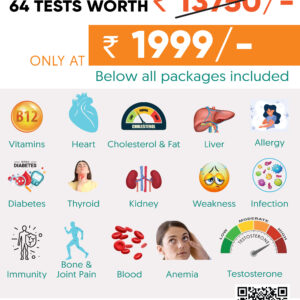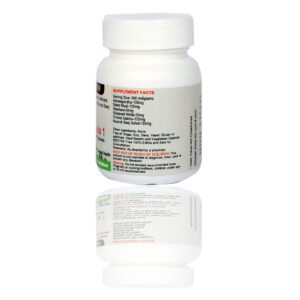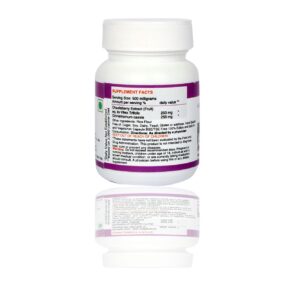Source: pharmaceutical.com
‘‘Get your health from the farm, not from the pharmacy.’’ That’s not necessarily what you’d expect to hear at an international conference attended by some of the biggest names in the world of medicine and nutrition. Nor do you expect this declaration to be received with clapping, whooping and cheering from a respectable crowd of multidisciplinary healthcare professionals and for it to be tweeted and retweeted ad infinitum.
However, the title of the conference should give this some context. ‘Food. The Forgotten Medicine’ was convened by the College of Medicine (9 June 2016) to explore how food and diet can be incorporated into routine clinical practice to promote health. The criticism was actually levelled primarily at GPs who, with limited consultation time to discuss diet and lifestyle, tend to send their patients to the pharmacy with a prescription instead. But is it fair to beat pharmacies with the same stick?
Role of pharmacy
Pharmacy’s role is traditionally about the supply of medicines but, in recent years, the shift towards services has meant new opportunities to talk about diet and lifestyle alongside medicines. Healthy Living Pharmacies, NHS health checks, weight management services and diabetes clinics are all examples where pharmacy has offered invaluable nutrition advice. Moreover, the pharmacy team is accessible, has more time to listen to and advise customers than GPs and can make a considerable difference to public health.
Importance of nutrition in long-term diseases
So, is nutrition advice simply something that is nice to have? It appears not. Delegates at the conference heard examples of where dietary interventions were vital and have impacted positively on disease, such as in type 2 diabetes and cardiovascular disease.
Type 2 diabetes, for example, should no longer be considered a lifelong disease because in many cases it can be reversed with dietary advice, explained Marie Polley, senior lecturer in Health Sciences at the University of Westminster, who evaluated a health adviser intervention pilot conducted in Cullompton, Devon. Results from the pilot suggest that consultations (four 30-minute appointments over a three months) with patients who had just been diagnosed with diabetes or pre-diabetes improved their HbA1c levels and saw a reduction in healthcare costs.
Meanwhile, Ali Khavandi, consultant cardiologist at Royal United Hospitals, Bath, said 80% of cardiovascular disease can be prevented by diet and lifestyle but added that few medical consultants focus on this with their patients. And Duncan Selbie, chief executive of Public Health England, told delegates that he also wanted food to become a priority issue in the UK.
Nutrition training for pharmacy
So can pharmacies do more to incorporate nutrition into clinical practice and offer patients practical strategies around food? The general consensus at the conference was that most healthcare professionals, including GPs and clinicians, were ill-equipped to do so because of the paucity of nutrition training in undergraduate degrees and beyond.










Leave a Comment